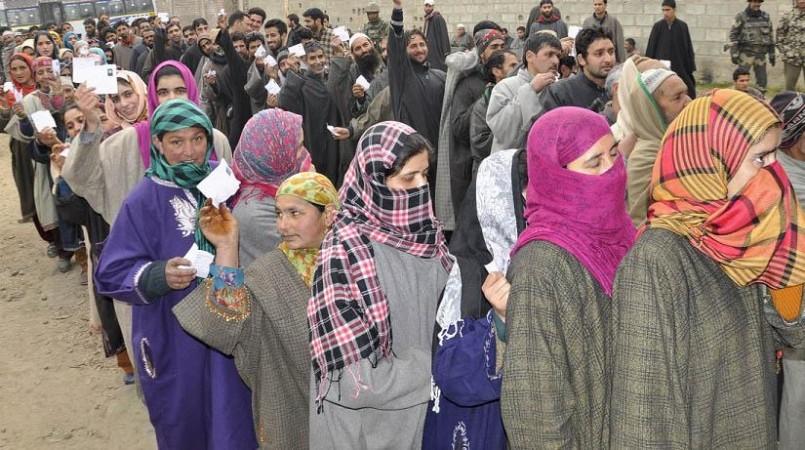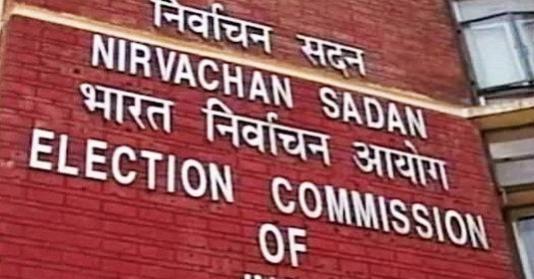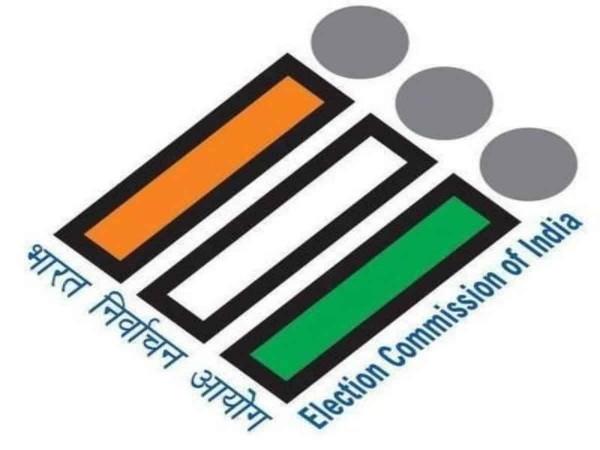As the Election Commission of India published the final electoral rolls for Jammu and Kashmir on Friday, the demand for the maiden assembly elections in the Union Territory gained momentum. Opposition parties stepped up their campaign to mount pressure on the government to conduct assembly elections in Jammu and Kashmir.
The Jammu and Kashmir National Conference senior leaders and Members of Parliament (MPs) Muhammad Akbar Lone and Hasnain Masoodi asked the government to restore the democratic rights of the people of J&K to the fullest. NC MPs said that it was heartening to note that the people of J&K are being denied their rights enshrined in the constitution of the country.
They said the BJP-led Government has "disrespected the country's constitution while dealing with J&K.
"Moreover the denial of basic civil liberties to the people of J&K also reveals how negatively predisposed the present ruling dispensation at Center is towards the Constitution of the country. The values cherished by the Constitution were constitutionally belittled ever since the BJP had its hands on the reins of power," they said.

They further said that had the present ruling dispensation been so genuine in its regard for the country's Constitution "then the constitutionally guaranteed status of J&K would not have been done away with unilaterally and deceitfully? Had the present ruling dispensation been so considerate of the supremacy of constitution in the country then it would not have kept the erstwhile historic state under the spell of the long undemocratic rule of outsourced bureaucracy," they said.
Accusing the BJP government of dilly-dallying over the issue of holding assembly elections in J&K, Harsh Dev Singh, former minister and chairman of AAP J&K State Co-ordination Committee said that the saffron regime seemed to be hell-bent to deny the people of the UT their right to have a democratically elected govt of their own.

"Despite the four-year-long proxy rule in J&K since 2018 has proved a flop show, there was hardly any indication of restoring popular govt in the UT soon", Singh said.
AAP leader further said that the BJP government had failed to deliver and redeem its promises and therefore evaded elections on one pretext or the other for the last four years besides having created huge confusion over the issue of local and non-local voters and finalization of electoral rolls.
J&K is without an elected government since June 2018
- Jammu and Kashmir is without an elected government since June 2018 when BJP dumped the Peoples Democratic Party (PDP) followed by the resignation of the then Chief Minister Mehbooba Mufti.
- Five months later, on November 28, 2018, then Jammu and Kashmir Governor Satya Pal Malik dissolved the legislative assembly minutes after Mehbooba Mufti-led PDP staked a claim to form the government with the support of Congress and the National Conference.
- A month later on December 19, 2018, then President Ram Nath Kovind issued a proclamation promulgating President's Rule in J&K under article 356 of the Constitution of India.
- Eight months later on August 5, 2019, the BJP government abrogated Article 370 and bifurcated Jammu and Kashmir into two Union Territories, Jammu and Kashmir, and Ladakh.

Special summary revision completed in J&K on Friday
The Election Commission of India on Friday completed the exercise of revising the existing electoral rolls by incorporating youngsters who have attained the age of 18 years on October 1 or earlier in the new voter lists.
The final electoral rolls have a total of 83,59,771 electors, out of which 42,91,687 are male, 184 are the third gender and 40,67,900 are females. The elector population ratio has increased from 0.52 to 0.58 during this Special Summary Review (SSR). The gender ratio of the final electoral roll has increased from 921 to 948.
The Election Commission of India (ECI) had already set a new deadline of November 25 for the final date for publication of electoral rolls in the Union Territory of Jammu and Kashmir. To provide an opportunity to youngsters attaining the age of 18 years on October 1 or earlier the deadline was extended from October 31 to November 25.
The completion of the exercise will pave the way for holding elections in the Union Territory of Jammu and Kashmir. This would be the first election in the UT after the abrogation of Article 370 and bifurcation of the erstwhile state of J&K into two Union Territories by the BJP-led NDA government in August 2019.

















